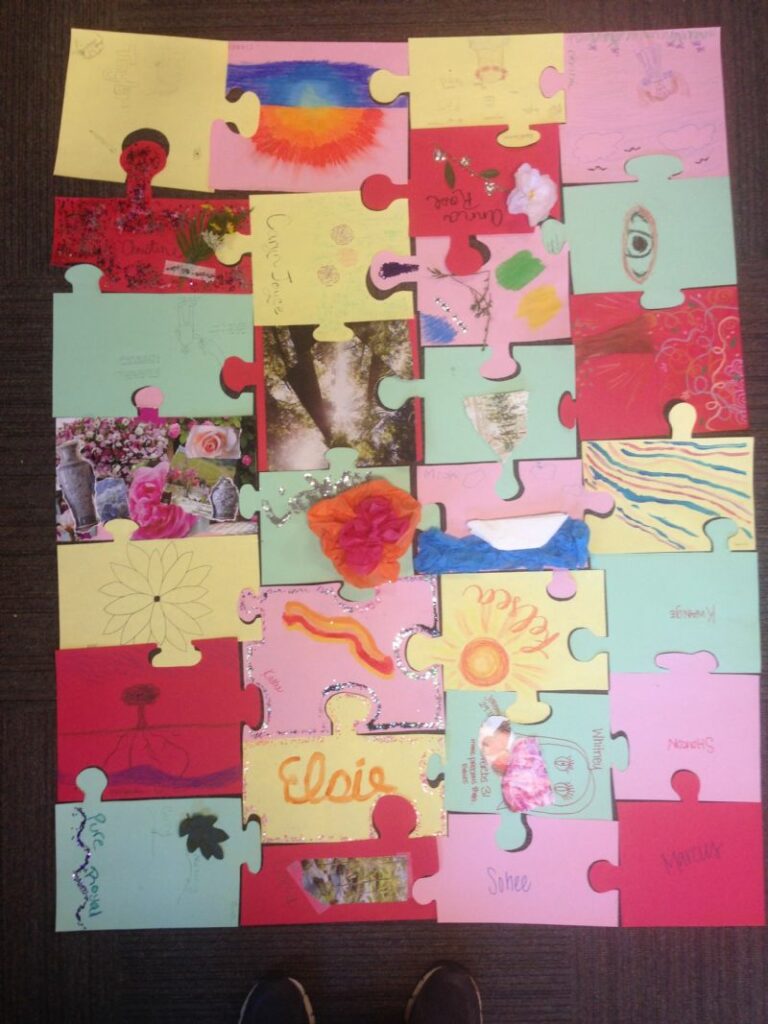Mindless (definition): “acting or done without justification or concern for the consequences.”
Mindful (definition): “the quality or state of being conscious or aware of something”
When the Bible meets neurology, it sounds something like this to me:
“The general tendency of our hearts – especially the PFC (pre-frontal cortex) – is toward deceit and hiding the truth (the depth of our emotion, memory, and relational patterns, as well as the reality of a God who loves us beyond belief) from ourselves and others. Its general trajectory, when left to its own volition, is to disconnect within itself and from other hearts.” (p170, Anatomy of the Soul)
Sounds ridiculous, right? I mean, who would knowingly head aimlessly toward disconnection when it feels so rotten?
I put away my iPhone for Lent, in the hope of learning to become less distracted, more mindful, and spend more quality time with God and with people. In other words, more connected.
In the course of the past weeks, though I’ve discovered that as much as I like people – and God – it’s not my natural bent. Even in the absence of my electronic mind-numbing-device, I’ve found other ways to distract myself from the harder work of intentionality and connection.
TV in the evening
Facebook surfing
Playing solitaire
Sometimes all three at once…
Why is being intentionally present and connected to God and others so stinking difficult?
Doctor Curt Thompson states in his book “Anatomy of the Soul”:
“The degree to which we set our minds on – pay attention to – those desires of the sinful nature tends to dis-integrate our minds by encouraging a state of mindlessness. One – if not the – primal sinful “desire” is the urge for instant reduction of distressing emotions. We tend to turn away from unpleasant emotional states toward inner or outer mental or behavioral means that will disconnect us from or eliminate those very states… When we do this, we pay less attention to what is happening in our minds. We then tend to respond to internal or external events with sinful thoughts and behaviors. When our minds are set on these things, it does not lead to death. According to Paul, it is death. Death is that state of dis-integration, disconnection, and isolations that leads to everything that is wrong in the universe. And according to Paul, you don’t have to be without a pulse to be dead.” (p 178)
In other words, our desire for comfort by our natural inclinations, trumps our desire for connection.
Now, don’t get me wrong. I’m not saying that watching TV, or surfing Facebook, or playing solitaire are sinful. However, the fight against the desire to “get away from it all,” to “check out” – especially when life gets a bit more chaotic, the unpleasant emotions are many, and the voice of the enemy comes in like a flood – is not an easy battle. Paying attention to the unpleasant emotions is, well, unpleasant. When I feel rejected, under-valued, and overwhelmed by all the things that are wrong in the world that I have no control over – my first thought isn’t “why am I feeling this way?” or “What is true, and what is not true in this situation?” Nope, I just want to not feel badly – and that translates most of the time into just wanting to “not feel.”
However, if “life in abundance” is superior to “survival,” and true “peace” is better than “numbness,” then I have to conclude that it’s a battle worth fighting.
So today, I’m going to put away my laptop and sit with God in a quiet place, and ask Him what’s on His heart. I’m going to check in with myself and ask myself why that situation the other day made me feel so crappy, when I know the people on the other end of it had no idea or intention of hurting me – and ask God to remind me of the truth of His love for me, and who He has created me to be. I’m going to stop procrastinating, and reach out to that friend and check in, let them know that they are worth caring for. Today I’m going to step toward connection, and not away from it, just because mindlessness is easier in the short run …but much more painful in the long run.
What steps will you take today toward connection with God? What steps can you take today toward connection with others? Instead of “coping strategies,” are there “healing strategies” that you can engage in that will start you on the path to a more abundant life, which is what Jesus promises (John 10:10)?










What a great reminder. Didn’t realize that the staff/leaders wrote blogs too, cool!